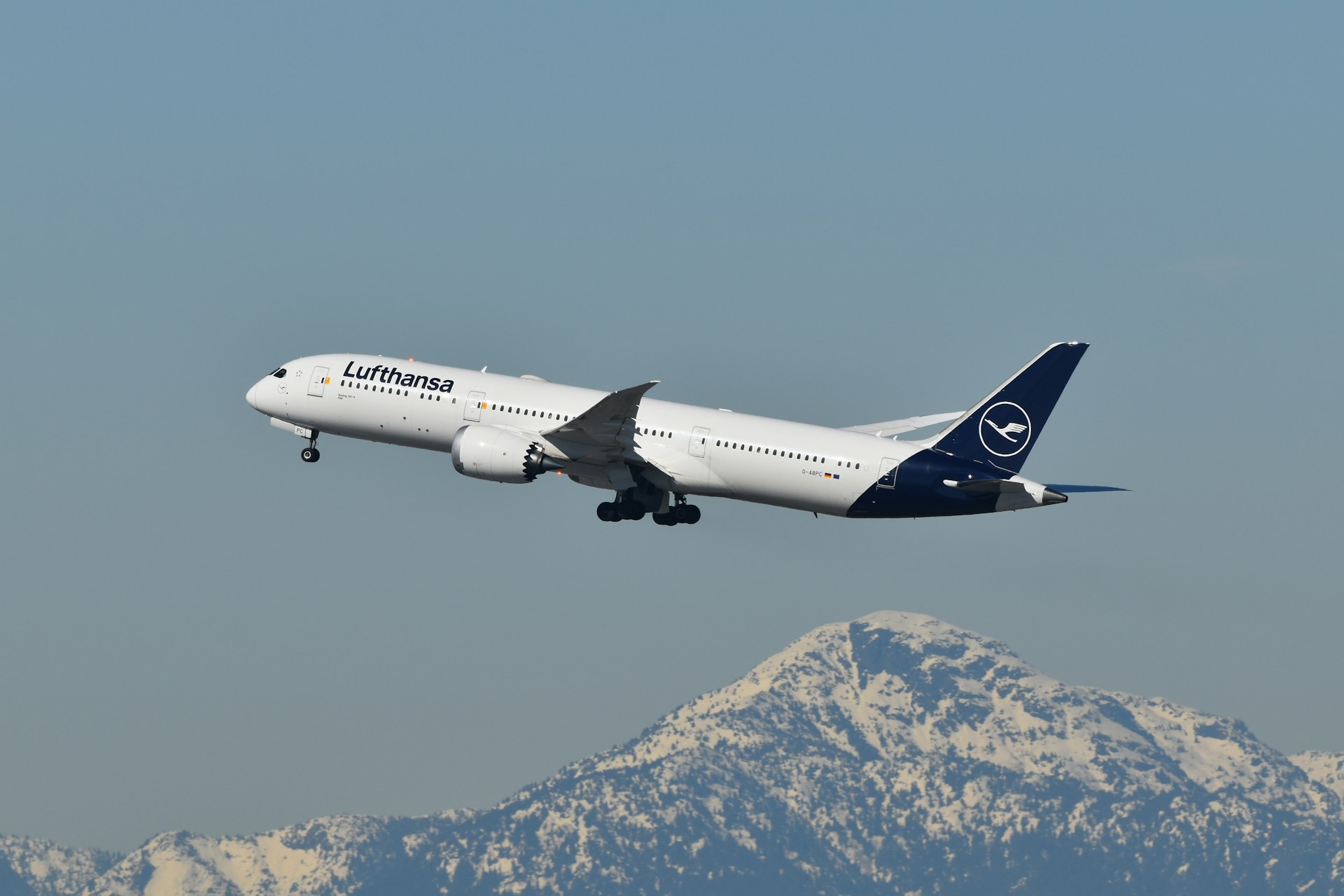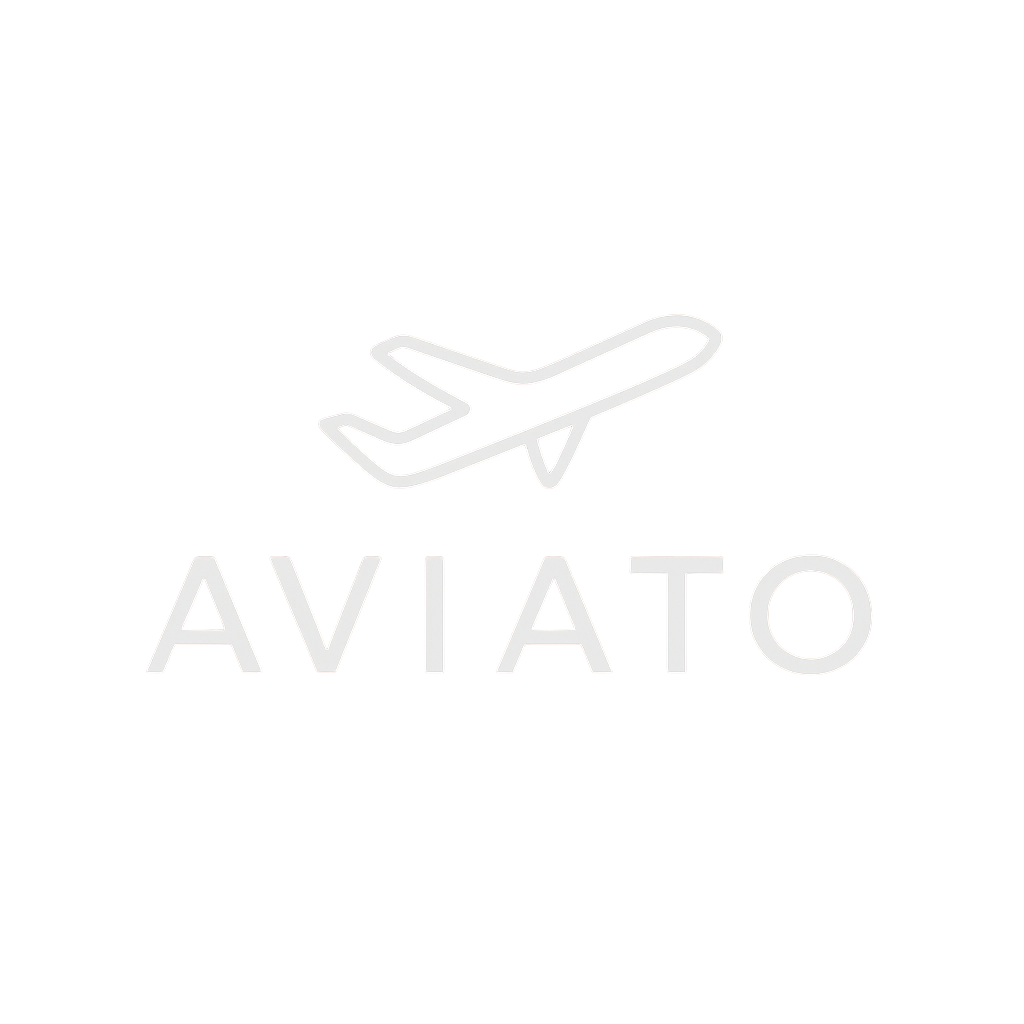Allegiant and Frontier Defend Ultra-Low-Cost Models in Senate Competition Hearing
Key Takeaways
- CEOs of Allegiant Air and Frontier Airlines testified before the Senate Judiciary Subcommittee on Competition Policy, addressing questions about pricing transparency, ancillary fees, and market concentration.
- The hearing centered on whether ultra-low-cost carriers (ULCCs) maintain fair consumer practices amid ongoing airline industry consolidation.
- Lawmakers scrutinized baggage, seat selection, and “hidden fee” structures, pressing executives on advertising accuracy and passenger cost transparency.
- Both airlines defended their unbundled pricing approach as essential to offering affordable air travel, particularly for underserved U.S. markets.
- The testimony follows increased government focus on consumer protection after widespread operational disruptions and fee-related complaints across the industry.
- Allegiant and Frontier argued their business models stimulate competition, forcing legacy airlines to lower fares on shared routes.
Lawmakers Examine Budget Airline Pricing Practices
Executives from Allegiant Air and Frontier Airlines faced pointed questions from U.S. senators this week during a high-profile hearing examining the competitive and consumer impacts of ultra-low-cost airline operations. The testimony, part of the Senate Judiciary Subcommittee on Competition Policy’s broader review of air travel practices, comes amid heightened public concern over hidden fees and transparency in ticket pricing.
Lawmakers focused on whether the ULCC business model, which advertises low base fares but charges separately for nearly all add-ons, ultimately benefits or confuses consumers. The subcommittee also explored whether consolidation within the airline industry—dominated by four major carriers—has limited true competition, leaving travelers with fewer affordable options.
Airlines Defend Pricing and Market Role
Allegiant Air CEO John Redmond emphasized that his airline’s mission is to connect underserved cities to leisure destinations, noting that Allegiant’s point-to-point model brings affordable travel to markets abandoned by legacy carriers. “We’re not competing for corporate travelers,” Redmond stated, “we’re providing access to air travel for families and communities that otherwise would drive.”
Frontier Airlines CEO Barry Biffle defended the carrier’s à la carte pricing structure, arguing that transparency lies in consumer choice. “We unbundle services so customers only pay for what they use,” he told lawmakers, insisting that the model democratizes air travel rather than misleads passengers.
Both executives maintained that ULCCs are critical to maintaining price competition in U.S. aviation, claiming their presence forces major carriers to lower fares even on routes where they don’t operate directly.
Senate Concerns on Transparency and Consumer Impact
Senators expressed skepticism that budget airline fare advertising clearly communicates total travel costs. Lawmakers cited consumer confusion over low promotional fares that later balloon with add-on charges for baggage, seating, and boarding priority.
Several committee members pressed both CEOs to justify fee structures that can exceed the base fare itself. Allegiant and Frontier defended these charges as optional services, not hidden fees, asserting that consumers appreciate the ability to customize their travel experience.
However, multiple senators argued that fee disclosure practices remain inconsistent, calling for greater federal oversight to ensure consumers can compare total trip costs across airlines.
Competition, Consolidation, and Policy Outlook
The hearing also touched on the broader issue of market concentration. While Allegiant and Frontier positioned themselves as challengers to dominant legacy carriers, senators questioned whether ongoing mergers and joint ventures have weakened competition.
Both executives pushed back, citing data showing ULCC market entry drives average fares down by as much as 20% on competing routes. Yet lawmakers signaled potential legislative or regulatory action to increase price transparency and oversight of ancillary revenue streams.
Industry observers suggest that any new regulations could have mixed effects—potentially improving consumer understanding but threatening the economic model that allows ULCCs to offer such low base fares.
FAQs
Why did Allegiant and Frontier testify before Congress?
Lawmakers convened the hearing to examine whether ultra-low-cost carriers are maintaining fair competition and transparent pricing practices amid rising consumer complaints and industry consolidation.
What concerns do lawmakers have about ULCC fees?
Senators are concerned that advertised low fares may not reflect true travel costs, as baggage, seat selection, and other add-on fees can significantly raise the final price.
How do ULCCs differ from legacy airlines?
Ultra-low-cost carriers separate nearly every service from the base ticket price, allowing passengers to choose only what they need. Legacy carriers typically include more amenities in the base fare.
Could new regulations impact ULCCs?
Yes. Rules requiring greater fee transparency or restricting ancillary charges could alter ULCC business models that depend on optional fees for profitability.
Do ULCCs actually lower fares overall?
Studies indicate that ULCC market entry tends to reduce average fares across competing airlines, increasing consumer choice and stimulating price competition.
✈️ Bottom Line:
The Senate hearing spotlighted the delicate balance between affordability and transparency in the ultra-low-cost carrier market. While Allegiant and Frontier defended their models as essential to keeping travel accessible, lawmakers signaled a stronger appetite for oversight to protect consumers and ensure fair competition in the evolving U.S. airline landscape.
.zip%20-%201.PNG)



